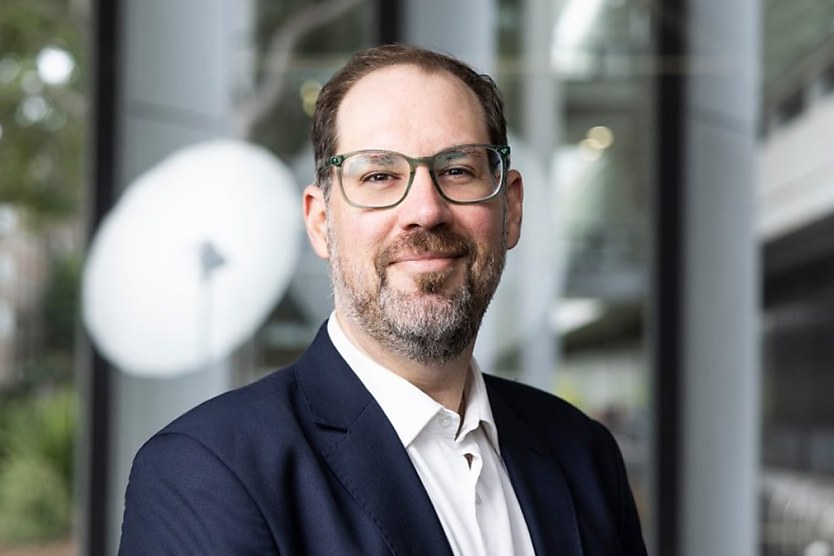
Psychosocial hazards pose a significant threat to Australian workers and businesses despite their relative invisibility.
Physical hazards may seem more threatening on the surface, but underlying psychosocial hazards are proving to cause great harm to Aussie workers – regardless of the industry.
The significant impact that psychosocial hazards can have on an employee’s mental health and wellbeing cannot be underestimated. According to a recent Safe Work report, Mental health conditions accounted for 10.5 per cent or 14,600 serious claims in 2022–23. This accumulated to a 19.2 per cent increase in 2021–22 and a 97.3 per cent increase compared with 10 years ago.
“When we’re talking about psychosocial hazards, we’re talking about sources of harm that exist in the work system that can have a negative effect on your physical and psychological health,” said Associate Professor Carlo Caponecchia, associate dean of diversity, equity and inclusion at UNSW Science.
“They include factors like excessive workloads, unclear job roles, and lack of support.”
When organisations lack a pathway towards preventing these hazards from arising, then their employees can quickly be riddled with mental health conditions such as anxiety, depression, and burnout. Just as Safe Work reported, these issues not only harm individuals but also contribute to absenteeism, lowering productivity and leading to higher turnover.
According to Caponecchia, being proactive is the key to addressing psychosocial hazards. It can include adopting a shift in workplace design, management practices, and employee interaction.
“What we try to do is think about all the small elements of jobs that have the potential for some change that’s beneficial,” he said.
“Perhaps we can look at the timing of particular tasks ... cross-skilling of our teams ... how we might offer opportunities for professional development ... [to] make that job less harmful.”
Caponecchia claims that it’s not about organisations directly trying to control the mental state of their workers. Instead, it’s about managing those potential stressors that can have an effect on their mental health.
“It’s not about managing mental ill health. It’s about managing the things in your business that could create those outcomes in future,” said Caponecchia.
Michael Quinlan, emeritus professor in the school of management and governance at UNSW Business School, believes that the management of psychosocial hazards can have a huge impact on long-term business outcomes.
“My research showed that psychosocial hazards are not new; they have been documented for over a century. However, understanding the complexities of work organisation, including power dynamics and job insecurity, is crucial,” said Quinlan.
“Addressing these factors involves a multi-model approach that goes beyond the commonly used frameworks, incorporating insights from industrial relations and organisational dynamics.”
Effective psychosocial safety measures can really affect the way workers interact with their workplace and job tasks. It all intertwines, and if businesses are doing their due diligence in this space, then they will see positive results in others.
“Organisations that implement effective psychosocial safety measures experience higher employee engagement, lower turnover rates, and enhanced overall performance,” said Quinlan.
“The benefits are clear: employees in supportive work environments are more motivated, productive, and less prone to burnout.”
Quinlan stressed that the voices of workers must be heard when decisions and strategies pertaining to psychosocial hazards are being made. Trickle-down implementation, according to Quinlan, quite frankly, just does not work – therefore, workers must be consulted in the process.
“If we’re going to make work that is both productive and healthier and safer into the future, we need to do that by involving workers meaningfully in decision-making processes about their work,” said Quinlan.
“We can’t rely on leaders, corporate chiefs, executives, or consulting firms to make those decisions. Because the record is they do it very badly. And they do it for a set of interests, their own set of interests, but not that of the great workforce. And that’s the reason I think we’re finding psychosocial hazards are becoming such an issue.”
Kace O'Neill
Kace O'Neill is a Graduate Journalist for HR Leader. Kace studied Media Communications and Maori studies at the University of Otago, he has a passion for sports and storytelling.










